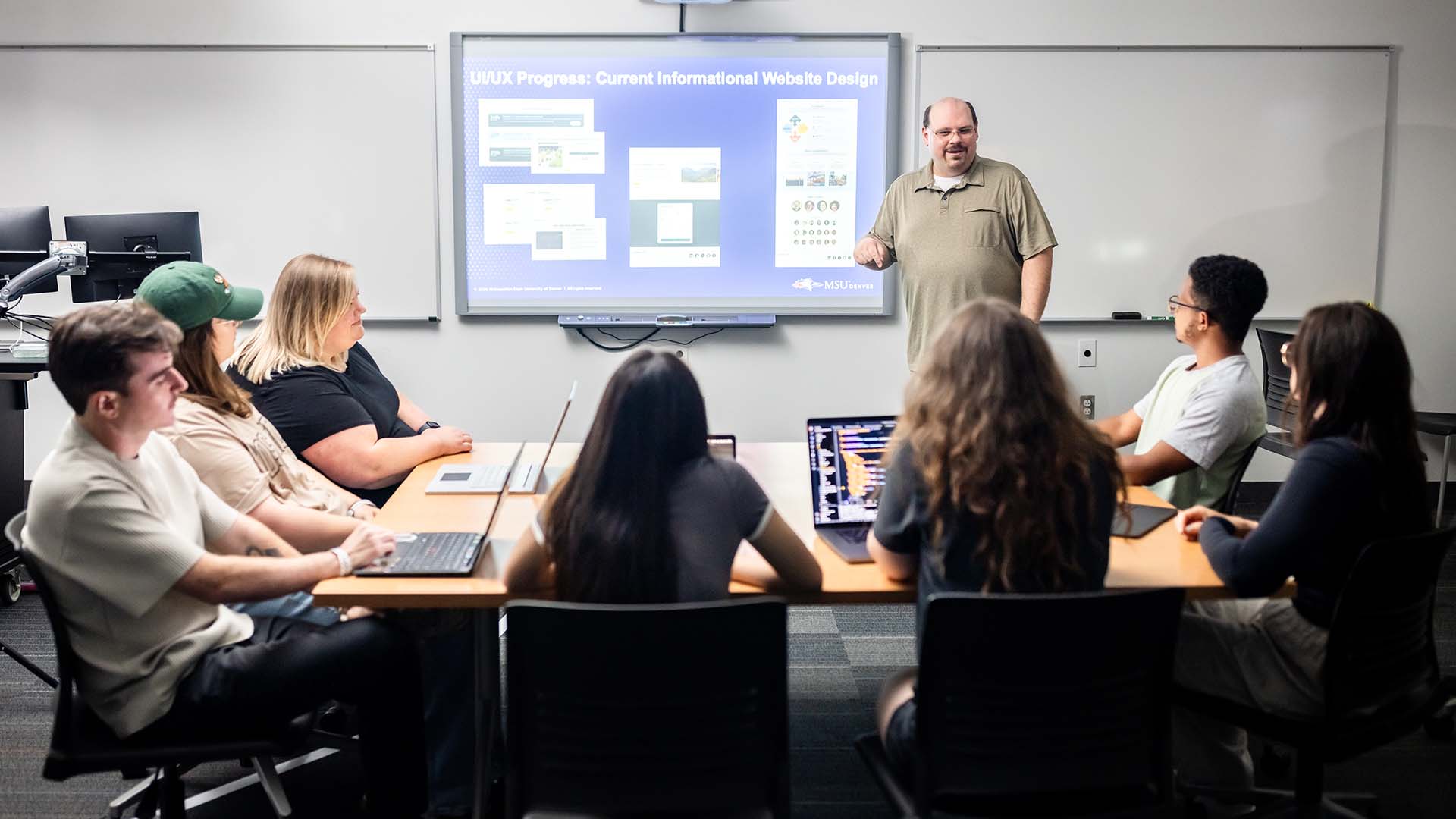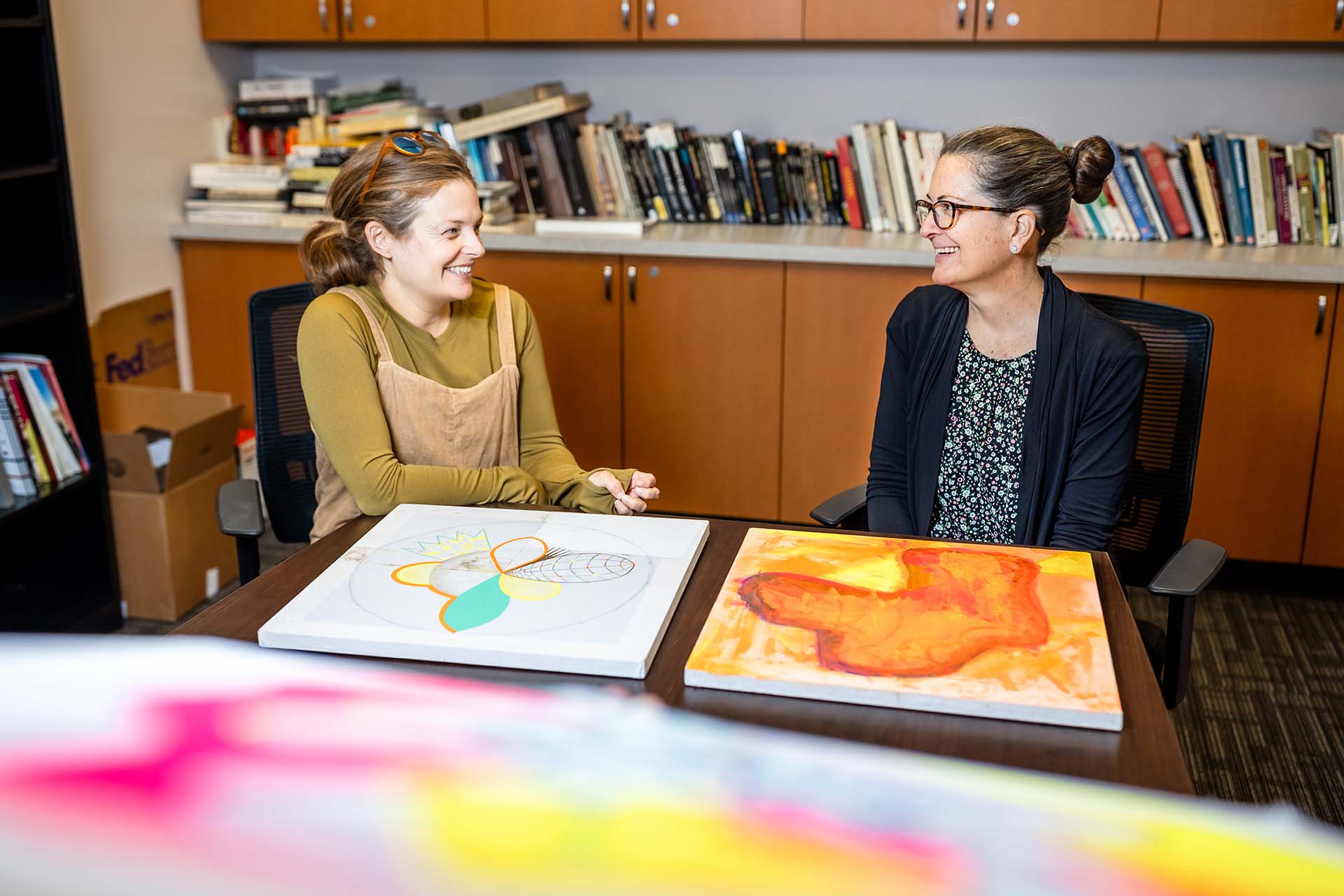How ChatGPT can plan your summer vacation
Thanks to recent developments, AI-powered chatbots promise to transform the travel industry.

The days of surfing multiple websites to book travel or plan a vacation may soon become a thing of the past, thanks to the growing adoption of artificial-intelligence engines such as ChatGPT.
AI can rapidly scan and collate data from across the internet and produce humanlike answers, providing one-stop shopping for would-be travelers trying to decide what to see, where to stay and what to eat on their trips, said Jangwoo Jo, Ph.D., assistant professor in Metropolitan State University of Denver’s School of Hospitality.
Itinerary planning was one of the first features touted when ChatGPT-4 was launched last year, said Jo, who describes himself as an early adopter of new technology.
“Basically, this is a very valuable tool for the hospitality-and-tourism industry,” he said. “I think this technology will be widely used in our daily lives everywhere, not to mention planning a trip or travel.”
RELATED: Higher ed’s next big test
A key feature of large-language models such as ChatGPT is contextual awareness, i.e., a basic understanding of what is being asked, Jo said. “It understands the context: ‘I am in this predicament. What’s going to be the solution? What’s the thing I need to know?’ This feature is what allows it to provide you with personalized information about travel.
“Because of context awareness, individualized suggestions to improve that customer’s experience in the hospitality industry can be improved,” Jo said.
To demonstrate the power of AI-guided travel planning during a recent Zoom interview, Jo opened a search window for ChatGPT-4o, the platform’s latest iteration, and asked it a series of questions about a hypothetical monthlong trip to his hometown of Seoul, South Korea. The platform offered recommendations for almost every aspect of travel.

Flights and attractions
ChatGPT displayed an array of flights from Denver to Seoul available on Expedia, Kayak and Momondo and then listed some potential accommodations for a monthlong stay. When Jo asked it “What are the must-see attractions and activities in Seoul during July?” within seconds ChatGPT suggested visits to several local historical sites, as well as the Namsan Tower.
RELATED: 8 things you should know about the new security checkpoint at DIA
Food and transport
Jo also sought suggestions regarding places to eat and where to buy cooking ingredients and had the platform offer tips for navigating Seoul’s public transit system.
Jo’s assessment was that ChatGPT-4o mostly got things right. “It does have a very broad general knowledge of tourist destinations,” he said.
Language
Finally, he asked, “What are some essential Korean phrases and cultural tips for traveling in Seoul?” ChatGPT-4o listed greetings and basic expressions, including the Korean terms for “hello,” “goodbye,” “thank you,” “please” and “Do you speak English?”
Generative AI models are capable of “understanding” as many as 100 languages, making it possible to scan customer reviews and other information written in those languages, Jo said.
Booking
Jo had one caveat: “Most of the information is somewhat reliable, but it doesn’t give you a specific option to actually make the plan, so you have to still engage yourself in making the reservations, making the payments, negotiating the prices, building the trip,” he said.
That could change in future versions of ChatGPT, he said, posing challenges to online travel agencies such as Expedia and Kayak as the AI platform learns how to book travel on someone’s behalf.
“I believe one day the generative-AI tools will perform those reservations and payments by themselves,” Jo said. “Those online travel agencies are in big trouble. They should work fast to integrate this AI capability into their systems as soon as possible, before the AI tools integrate online travel agencies within them.”






